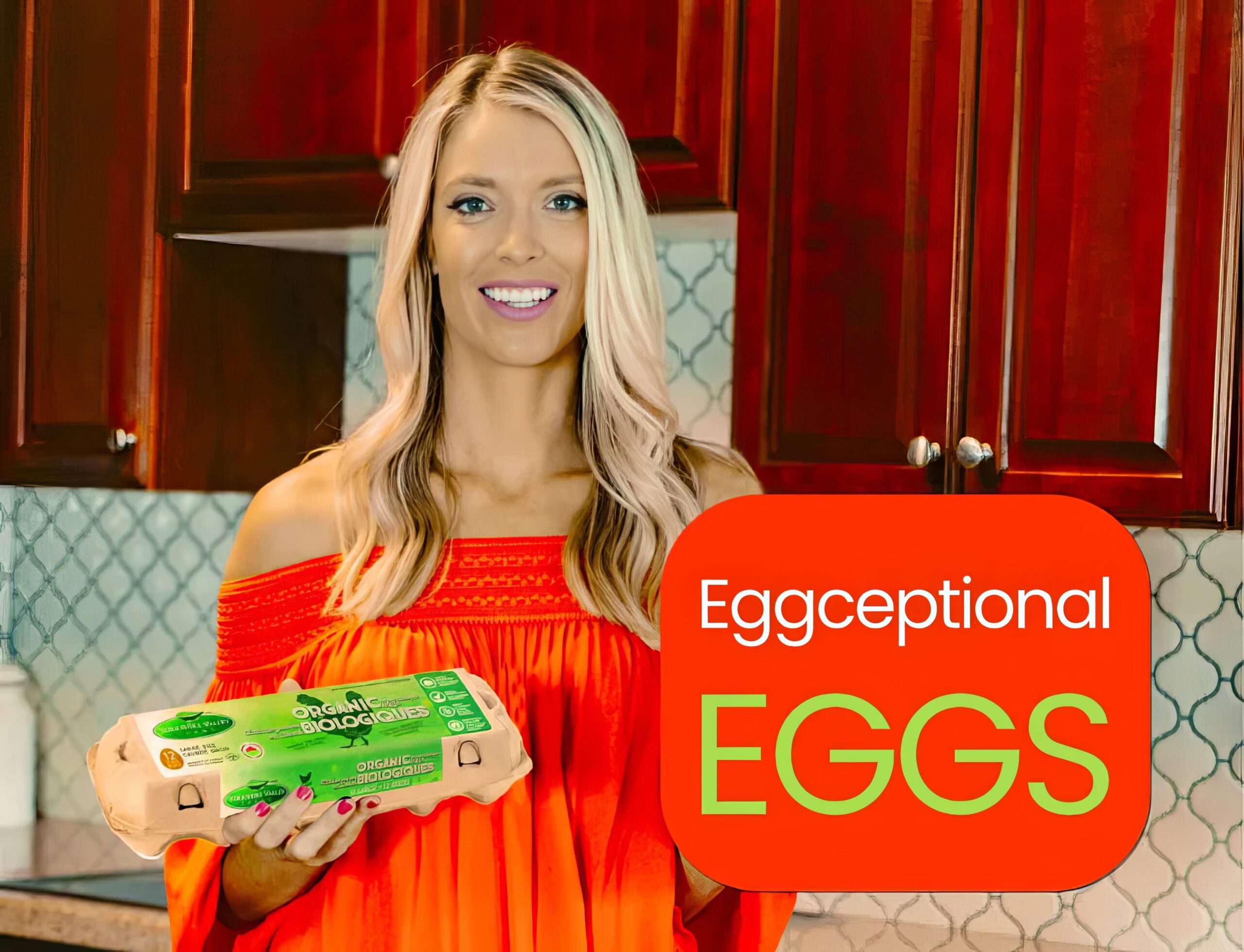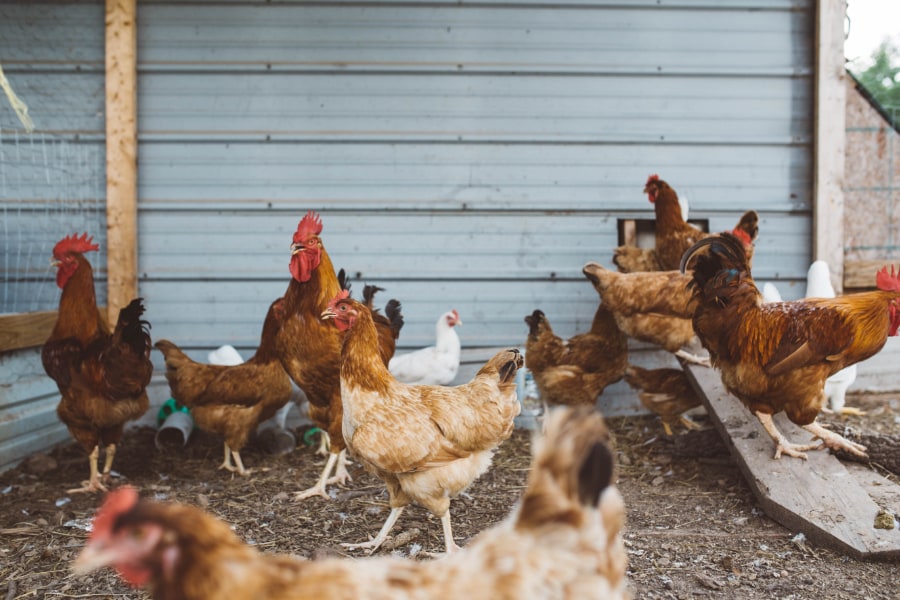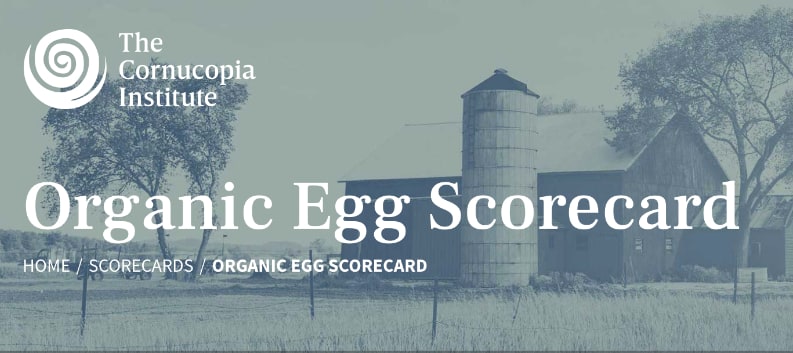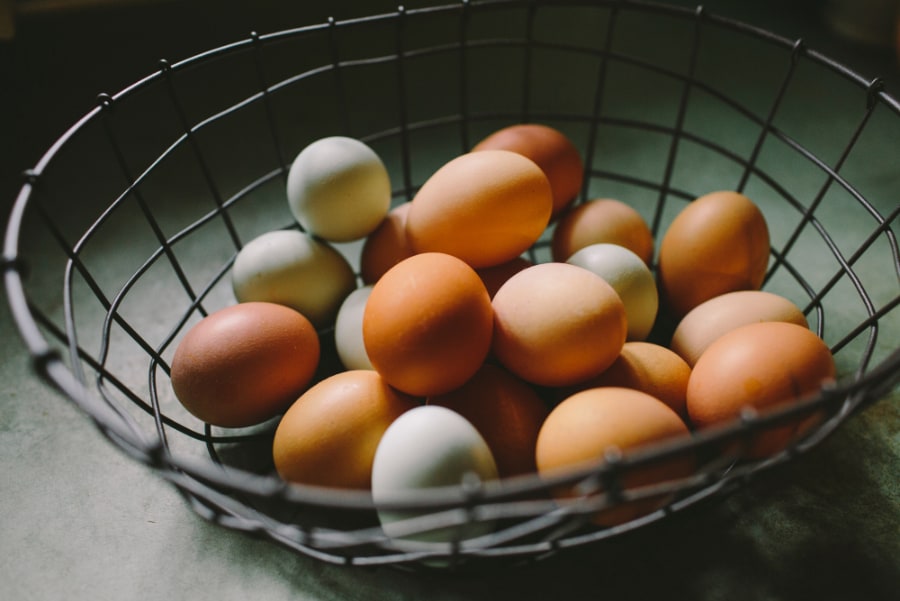
Organic Eggs Aren’t Necessarily Eggceptional For Health
If it’s organic, you’re not supposed to panic, right?
Well, depending on what brand you purchase, organic eggs might not be all that they’re cracked up to be.
Before I explain why, let me just weigh in on whether or not eggs are healthy in the first place. Out of all the common foods you can buy in a supermarket, eggs are definitely one of the most controversial. Eggs are supposed to be the perfect food, offering protein, essential fatty acids and vitamins and minerals.
On the other hand, eggs are super high in cholesterol. Just one egg contains about 70% of the suggested daily limit of dietary cholesterol. But dietary cholesterol doesn’t affect your blood cholesterol levels that much, maybe like 10%. However, some people have a genetic predisposition to developing heart disease, which is caused by a narrowing and hardening of the blood vessels, which is caused by cholesterol buildup in the arteries.
Even a 10% influence on blood cholesterol can have a huge impact if you’re predisposed to cardiovascular disease. And the only way to know for sure if that’s you is to get a genetic test. The safe thing to do until you get a genetic test is to limit your consumption of eggs. (You can order a DNA cholesterol test online).
Personally, I’m not a big fan of eggs. If I’m at brunch, maybe I’ll share an omelette. But it’s rare for me to make eggs at home. For one thing, I barely ever eat breakfast. Instead, I just have a Green Drink and then later in the morning I might have a plant-based protein smoothie (with brown rice protein or pea protein powder).
But for those of you who love eggs and think organic eggs are super healthy, I have some bad news to share with you in a little bit…

Why Organic Eggs Are Healthier
For sure, it’s important to buy organic for certain types of foods. For instance, I always buy organic produce–and use organic produce for Chef V Green Drinks. Non-organic produce contains the same amount of nutrients as organic but also is heavily sprayed with pesticides like glyphosate, the main active ingredient in Roundup weed killer.
But for foods like eggs with a hard external barrier (the shell), does buying organic really matter?
The answer is yes, for two main reasons. For starters, unlike produce, organic eggs are more nutritious than their conventionally grown counterparts. A study from Penn State University found that organic chicken eggs contain three times the amount of omega-3 fatty acids, 40% more vitamin A and twice the amount of vitamin E.
The other reason to eat organic eggs instead of non-organic is that they are free from antibiotics.
And here’s one more factor in favor of organic over conventional eggs: they contain less arsenic, which is a natural Earth element but highly toxic. Think about these facts the next time you eat eggs at a greasy-spoon diner.
I don’t want you to freak out about eating the occasional egg or two. But reading this should give you food for thought about eating conventional eggs.

Not All Organic Eggs Are Created Equal
Now here’s the thing I was shocked to read. According to this Egg Scorecard by Cornucopia, some of the most well-known brands of organic eggs are rated barely better than a conventional egg.
So if you’re buying organic eggs from the following brands, you might be fooled into thinking that the chickens have been raised in very humane environments:
- Costco (Kirkland brand)
- 365 Organic (Whole Foods)
- Walmart
- Horizon
- Simply Nature (Aldi)
- Harris Teeter Naturals (Kroger)
- Sun Valley (Smart & Final)
- Fairway Market
- Trader Joe’s
- Sprout’s
- Wegman’s
- Publix
- Chino Valley Ranchers
These brands were rated by Cornucopia as one egg on a five egg scale. That means the chickens didn’t have meaningful access to the outdoors and the opening often leads to a concrete porch, not a bucolic pasture where the chickens roam free all day.
Plus, the gateway to the porch is intentionally small so that the chickens aren’t encouraged to go outside in the first place. Essentially, these brands are not much better than industrial, non-organic eggs. I can’t say I’m that totally surprised to have read this info. But I was disappointed that one of my favorite supermarkets, Trader Joe’s, doesn’t have better quality eggs.

Splurge For High Quality Organic Eggs
My take on eggs is to treat them like ice cream: to be enjoyed as an occasional treat. And when you enjoy a rare treat, splurge for it. Buy the best quality possible. It might seem ridiculous to buy a carton of eggs for $8. But if I ever buy eggs, I’d purchase them from a farmer’s market, even if a dozen costs $5 more than a supermarket brand. I’d want to know that the eggs I’m eating come from chickens that live in a mansion of a coop, with easy access to the outdoors where they can forage for worms, grubs and whatever else it is that chickens peck and consume.
Yes, eggs are a great source of protein. But the truth is you don’t really need as much protein as you think. Besides, there are plenty of plant-based protein-rich sources. But if you’re craving eggs, you may as well treat your body to the highest quality possible. Just like with any other kind of food, shop local for eggs—support your local farmers.